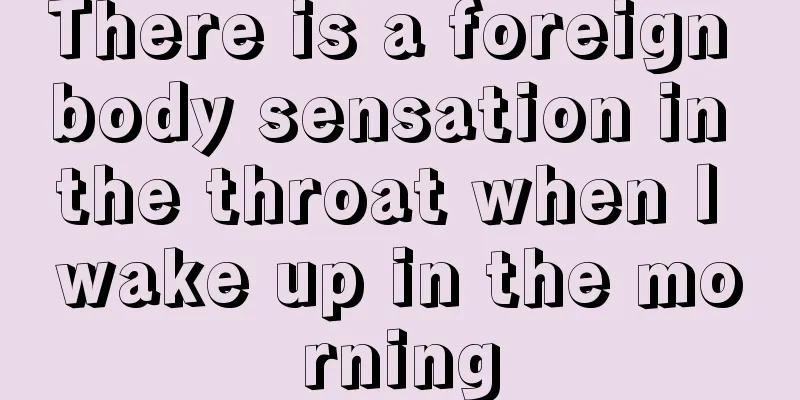One eyeball is congested

|
It is possible that one eye may be congested due to trauma or bleeding caused by pressure during sleep. Generally, it is possible that the congested eye is caused by acute conjunctivitis or other diseases. It is necessary to find the factors and then choose the appropriate method to treat it slowly. Pathological etiology Eye bleeding, in addition to trauma, is caused by other eye diseases. The main ones are as follows: (1) Acute conjunctivitis Cause: It is a common epidemic eye disease caused by bacterial and viral infection and is highly contagious. Symptoms: Acute onset, both eyes affected simultaneously or successively, the affected eye has stinging, itching, foreign body sensation, severe cases have photophobia and burning sensation, vision is generally not affected. Symptoms: Red and swollen eyelids, conjunctival congestion, and secretions that are mostly bacterial, mucous or purulent. When I woke up in the morning, my eyes were closed with secretions. The secretions of viral infections are mostly watery and may be accompanied by corneal lesions, enlargement and tenderness of the preauricular and submandibular lymph nodes. Treatment mechanism: This disease is highly contagious and should be prevented and isolated. Towels and handkerchiefs should not be used by each other, and washbasins should be rinsed and disinfected after use. Keep the eyes clean. If there is a lot of secretion, rinse with clean water and apply antibiotics or antiviral drugs topically. If there are systemic symptoms such as fever and headache, internal medicine treatment should be combined. (2) Acute iridocyclitis Cause: The causes of iris and ciliary body diseases are very complex, and most of them are unknown. They may be related to autoimmune diseases such as rheumatism, tuberculosis, syphilis, viral infections, etc. Symptoms: Ciliary congestion or mixed congestion, precipitates behind the cornea (abbreviated as KP), turbid aqueous humor, swollen iris, constricted or irregular pupil, slow light reflex, and posterior adhesion between part of the iris and lens; Intraocular pressure is generally normal, but may sometimes increase or decrease; decreased vision is accompanied by obvious photophobia, tearing, and pain, which may radiate to the eyebrow arches, temporal region, and forehead. Treatment mechanism: Actively find the cause of the disease and treat it. Use 1% atropine eye drops to dilate the pupil, hot compress, hormone eye drops or subconjunctival injection topically. Severe patients require systemic intravenous injection or oral hormones and anti-inflammatory drugs. |
<<: The eye was hit and the eyeball is bruised
>>: The dangers of eye twitching
Recommend
What diseases can formaldehyde cause
Formaldehyde is very scary for many people, espec...
Will bile duct cancer be passed on to the next generation after it is cured?
The age distribution of cholangiocarcinoma in my ...
How to train your lower four abdominal muscles
Anyone who has trained their abdominal muscles sh...
How to educate an 8-month-old baby?
Today’s parents attach great importance to their ...
How to educate a rebellious child
The first thing we need to understand is that chi...
Leg nerve twitching
Many people must have experienced the symptom of ...
How is liver cancer diagnosed clinically? Introduction to clinical diagnosis and treatment of liver cancer
Hepatocellular carcinoma (HCC) (hereinafter refer...
What to do if crystal mud gets on clothes
Crystal mud is one of the toys for children. Crys...
Why do I have lower back pain in the middle of the night?
The quality of sleep is related to the health of ...
What's wrong with biting my lips all the time
Lip biting is a problem that many people have, es...
What should I do if my arms are cold and sore
I believe that when the cold autumn and winter ar...
What are the signs of gallbladder cancer
In recent years, gallbladder cancer has become on...
Four major characteristics of gastric cancer in young people
According to statistics from the China Anti-Cance...
How long can one usually live with advanced liver cancer
The 5-year survival rate for advanced liver cance...
What is the method to remove scale from a thermos bottle
If you do not pay attention to timely cleaning of...









